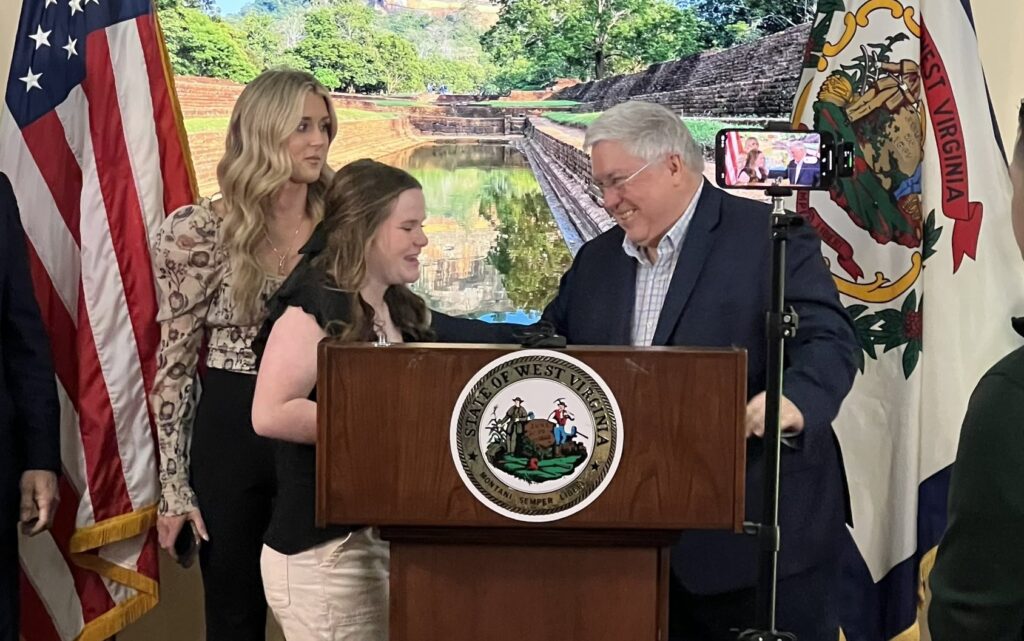West Virginia AG supports lawsuit from 4 middle school athletes who protested
(The Center Square) – The parents of a group of four West Virginia middle school track and field athletes filed a lawsuit against the Harrison County Board of Education regarding their punishment…

(The Center Square) – The parents of a group of four West Virginia middle school track and field athletes filed a lawsuit against the Harrison County Board of Education regarding their punishment for refusing to compete against a transgender competitor.
The four shot put competitors, and one teammate, from Lincoln Middle School refused to compete in an April 18 meet against the competitor who had won a court battle against West Virginia’s Save Women’s Sports Act and was allowed to compete.
“The minor student athletes’ protests were silent,” the lawsuit said. “They each stepped into the shot put circle, raised the shot put to their chins, and then stepped out of the shot put circle and handed the shot put to the official.”
After the meet, each of the protesting competitors were ordered to run Indian sprints at a later practice and then were not allowed compete with the team April 27.
The athletes attended an April 24 press conference with West Virginia Attorney General Patrick Morrisey and former collegiate swimmer Riley Gaines on the topic. Middle schooler Emmy Salerno spoke on the topic that day but Salerno and her family are not named in the lawsuit.
Morrisey filed a brief in support of the lawsuit, an appeal for an injunction to allow the middle schoolers to compete.
“Plaintiffs have no other avenue to seek reprieve from this blatant violation of their minor children’s rights to free speech and expression,” the lawsuit said.
Morrisey argued in his brief that state law requires that athletes along with a school principal or designee much appear before the West Virginia Secondary Schools ActivitiesCommission Executive Director after a protest that includes a failure to compete to determine if further action is necessary.
“It gives the WVSSAC executive eirector the sole power to investigate, evaluate, and ultimately decide whether any possible sanctions should issue as a result of a protest action,” Morrisey wrote. “This process improves consistency in how protest actions are considered by having any follow-up handled by a single statewide official, with the institutional history and support of the WVSSAC at their disposal.”



